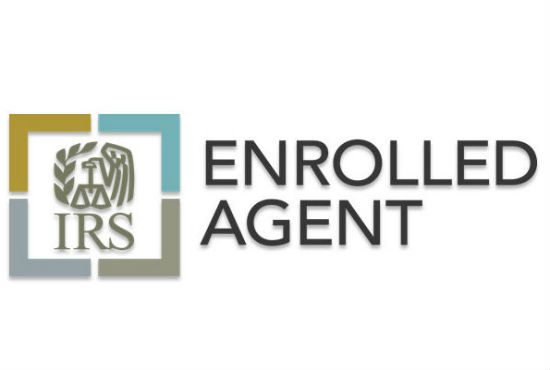By Justin Fundalinski, MBA | April 15, 2016

Next year, Jim Saulnier and Associates will be expanding its services into the realm of taxes. The net result of this is that I have decided to move forward with an Enrolled Agent (EA) designation from the IRS. Unfortunately, not too many know what an EA is, so why not inform our monthly readers on the topic? This month, I will be discussing what an EA is, what it takes to become an EA, and how we intend to implement this license into the business.
What is an Enrolled Agent?
According to the IRS, “An Enrolled Agent is a person who has earned the privilege of representing taxpayers before the Internal Revenue Service. Enrolled Agents, like Attorneys and certified public accountants (CPAs), are generally unrestricted as to which taxpayers they can represent, what types of tax matters they can handle, and which IRS offices they can represent clients before.”
Do I plan on doing much representation of tax payers in front of the IRS? Not really, but it’s possible. However, one can deduce from the definition that an EA has been through some rigors to even be allowed such representation privileges, and those rigors will be what is more applicable in my practice.
What it takes to be an Enrolled Agent:
To become an EA one has to pass three tests administered by the IRA (cumulative called the Special Enrollment Examination). In the most basic measures, each part is as follows:
- Part 1 – Individual Taxation
- Part 2 – Business Taxation
- Part 3 – Representation, Practice and Procedures.
To maintain an EA license once it has been earned, 72 hours of continuing education credit must be completed every three years.
Why all the efforts?
Why go through the effort to obtain the EA designation? Because tax preparation (short-term) and tax planning (long-term) can be two different things, and there is often a disconnect between the two.
- We have listened to our clients and they are clamoring for tax preparation and advice from a professional that understands taxation in retirement. As many readers of this may already know, taxes don’t get easier in retirement and for the vast majority of retirees that we work with they get harder.
- The knowledge gained will provide us with a far stronger capacity to implement long-term tax planning and tax consultation services for our clients. For example, we will be better address:
- Yearly liquidation (withdrawal) strategies from assets to optimize client’s tax brackets throughout retirement.
- Social Security claiming strategies on a tax adjusted basis.
- Roth conversion strategies prior to retirement to maximize tax efficiency before and after retirement.
- Unfortunately, there is far too often a disconnect between current year tax advice and long-term tax/ financial planning. Tax planning advice can often be overshadowed by a current year tax burden and if the two are not done in conjunction with each other there is a greater chance one will be stuck with a higher tax liability in the future.
Wish me luck in my endeavors, and as always please feel free to reach out any time with questions on this article.





